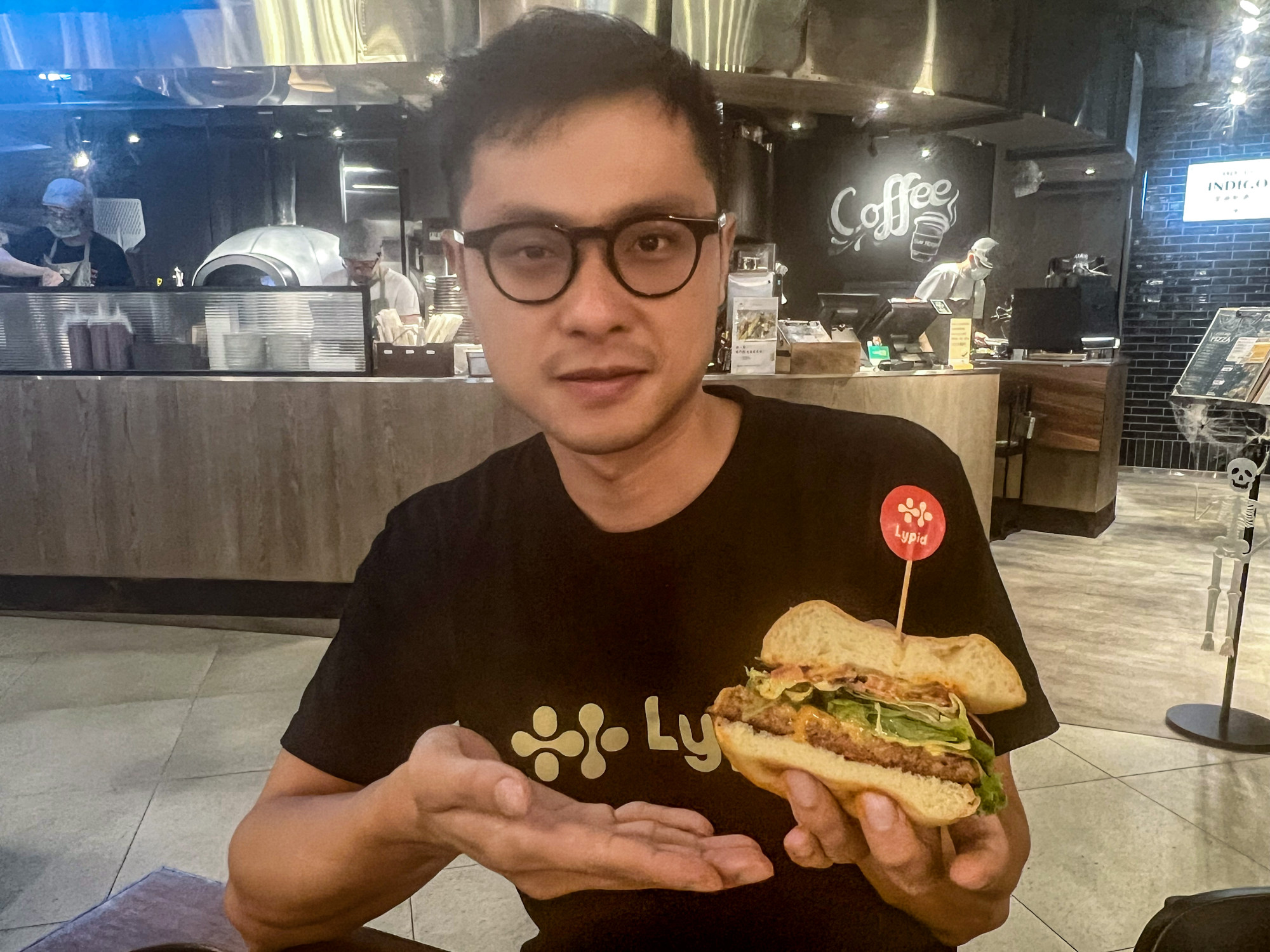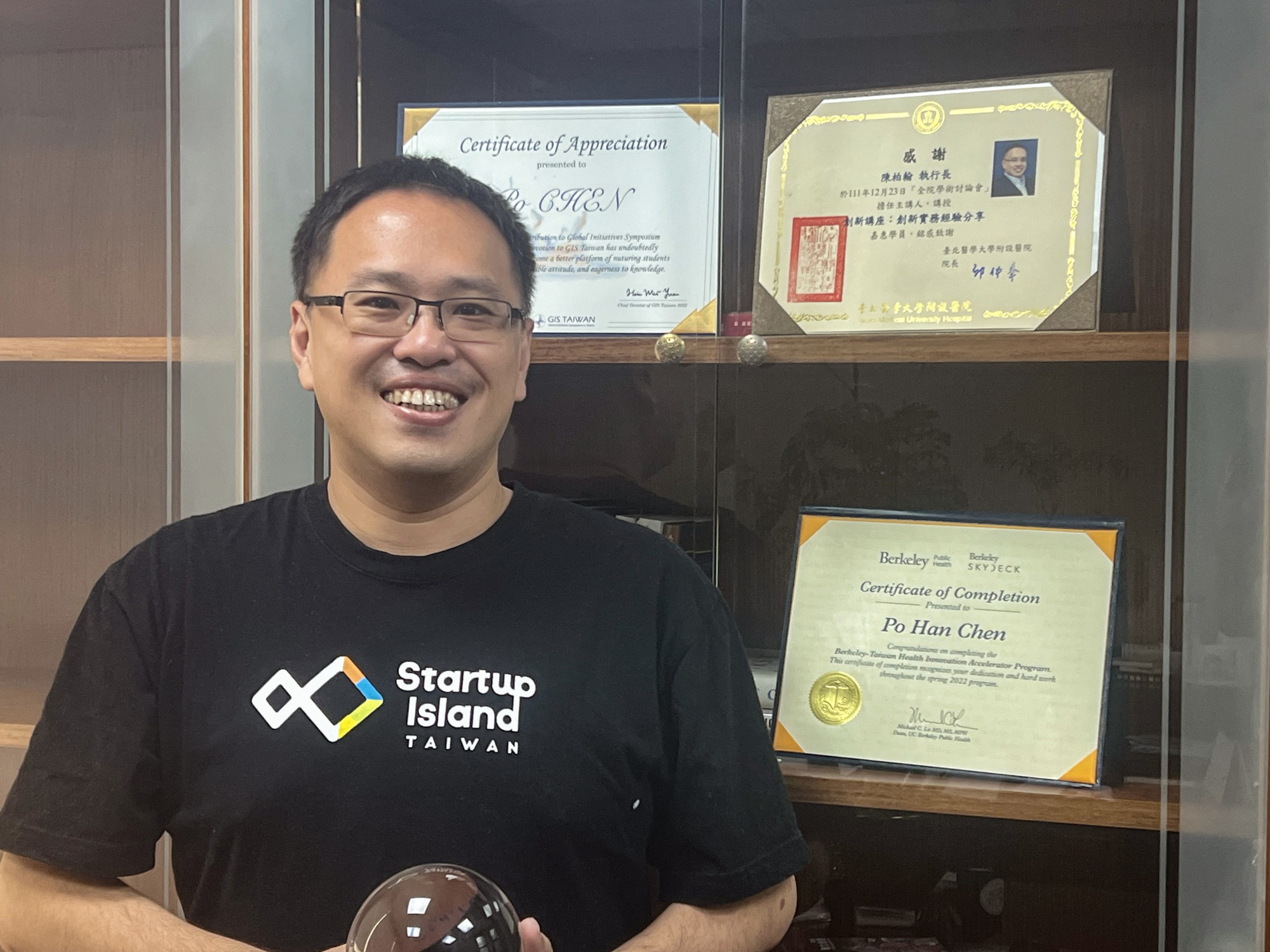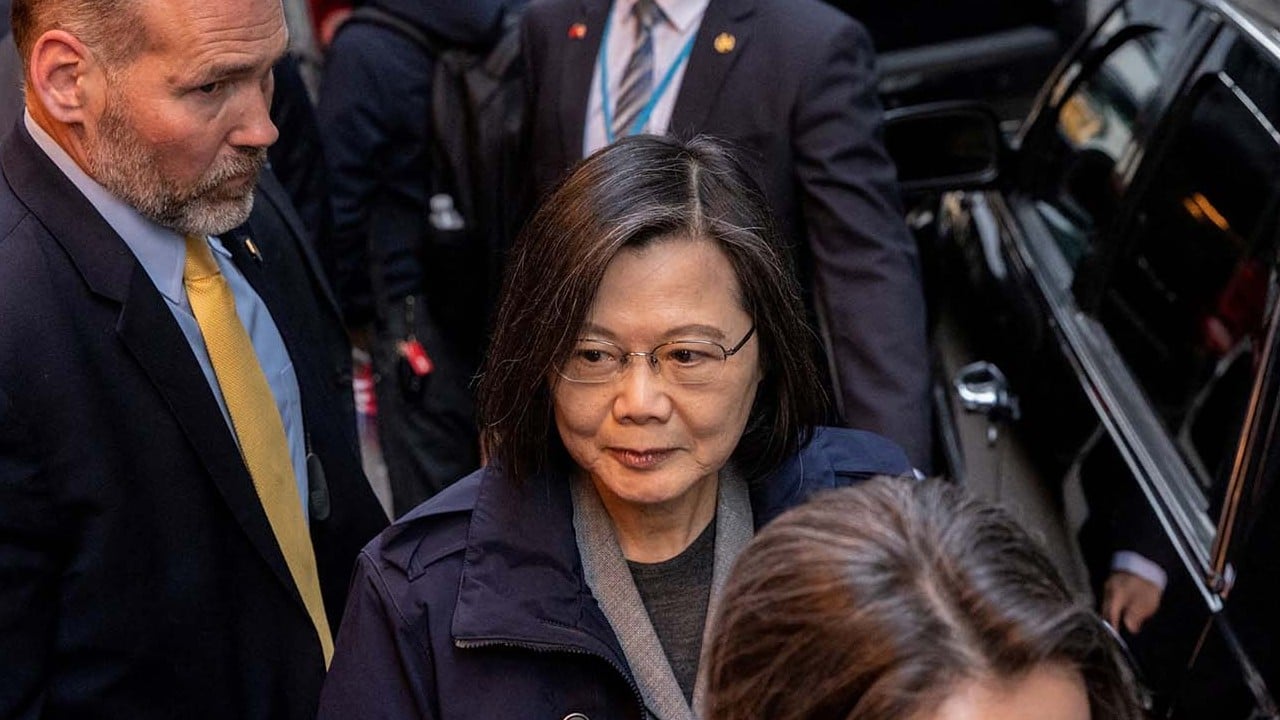The firm has received approval from a Taiwan government start-up support agency to join trade shows abroad, including in the US, to explore new markets.
“We’re focused on climate sustainability, so the more people we can influence, the better,” Huang said.

Huang’s firm, born from his university research, is one of many following a now-familiar trend: a young Taiwanese company pushing into the US and Southeast Asia with a touch of government support.
Many of Taiwan’s 7,400 start-ups and their backers in government are targeting the US and Southeast Asian markets – having blanketed much of Japan over the past two years – to avoid dependence on mainland China.
“Japan, the US’ Silicon Valley and Southeast Asia – those markets are being promoted simultaneously,” said Ku Ya-wei, a section manager with the government-supported Market Intelligence & Consulting Institute’s software research centre.
“Southeast Asia and Japan are nearby, while in the US they have lots of connections – even though the place is far, the network is there.”
Taiwan does not officially prioritise any single offshore market as a place to expand small companies, but “political endorsement of investment in Japan and US has been a constant”, said Zha Daojiong, a professor at Peking University’s School of International Studies.
Taiwanese start-ups that sidestep mainland China will “miss out on some short-term gains from the [Chinese] market”, said Chong Ja Ian, assistant political science professor at the National University of Singapore.
But bypassing the mainland may mean less “political as well as policy uncertainty and arbitrariness,” Chong added. “There is also the absence of political pressure on Taiwanese persons, capital and technology.”
Latest Taiwan election survey is more bad news for ruling DPP
Latest Taiwan election survey is more bad news for ruling DPP
Mainland China considers self-ruled Taiwan a breakaway territory that should eventually be reunified, by force if necessary, and most countries do not recognise Taiwan as an independent state. Cross-strait relations have been strained over the past seven years.
Several mainland plants under Foxconn Industrial Internet, a unit of Apple supplier Foxconn Technology, are under tax and land use investigations, according to Chinese state media.
Aid from the Taiwan government comes in many forms.
The NT$1 trillion-plus (US$30.95 billion) National Development Fund offers venture capital to priority industries such as biotech and connected devices, while other government offices help young companies meet potential overseas partners.
In 2015, a government-run research institute launched a start-up accelerator, the Taiwan Innovation Entrepreneurship Centre, in Silicon Valley.
The National Science and Technology Council’s Taiwan Tech Arena programme has helped bring 1,000 domestic start-ups to the US and Europe in the past five years, according to Andrea Hsu, a director general with the council.
Southeast Asia is a logical choice because students from that region often attend Taiwanese universities and stay on the island after graduation to co-found companies, Ku said. The US is also fertile ground, as Taiwanese often study there and make useful business connections.
Parts of Southeast Asia where Chinese is widely spoken, such as Singapore and Malaysia, have further appeal, Ku added, and the whole subcontinent represents an easy target because it is geographically close.
The money is there and most of the venture capital is there
“They have some connections in those markets and they can go there and hold meetings,” Ku said. “They’ve intended to go global from day one.”
CancerFree Biotech, a Taiwanese start-up in operation for five years, has opened a laboratory in New York and registered as a US company, 45-year-old co-founder Chen Po-han said.
His firm clones cancerous blood samples to determine which treatments are most likely to be effective, sparing patients weeks of wasted time.
“The money is there and most of the venture capital is there,” Chen said. “My strategy for the US market for the next two years is to focus on research – create an appetite for pharma to invest in us.”

For Jerry Wu, founder of the six-year-old Asia-Pacific Machine Intelligence based in Taipei, Thailand looms largest because factory operators there want their machines on site to “talk” with people.
“In Thailand, they want to move ahead fast, being a developing country,” Wu said. His company has already identified a client there – a big moment in any start-up and an accomplishment given the rapidly changing and highly competitive field of machine learning.
Taiwanese software founders can benefit from the US’ resources to make up for a lack of an indigenous “legacy”, said Mario Morales, group vice-president for semiconductor research with Silicon Valley-based market analysis firm IDC.
The island has been a tech hardware hub for nearly 50 years, with business owners offshoring much of that work to more cost-efficient mainland factories in recent decades.
Young companies will encounter “cultural” hurdles in the United States and parts of Southeast Asia despite the relative ease of raising money in the US, said Jamie Lin, founder of Taipei-based accelerator AppWorks. Finding talent is one such barrier, he said.
Now that it has expanded regionally and globally, Lypid’s challenge is matching its meat substitutes to the different flavours of sausages eaten in Taiwan, Europe, the US and around Asia, the company founder said.
Though the incentives are not as strong as they once were, many start-up founders in Taiwan say they are open to working in mainland China as long as the market is not too saturated.
Taiwanese firms that expand into Southeast Asia will find their mainland counterparts already “operate side by side”, Zha of Peking University said.
“The real competition lies in their respective capacities to fit in a recipient market.”



